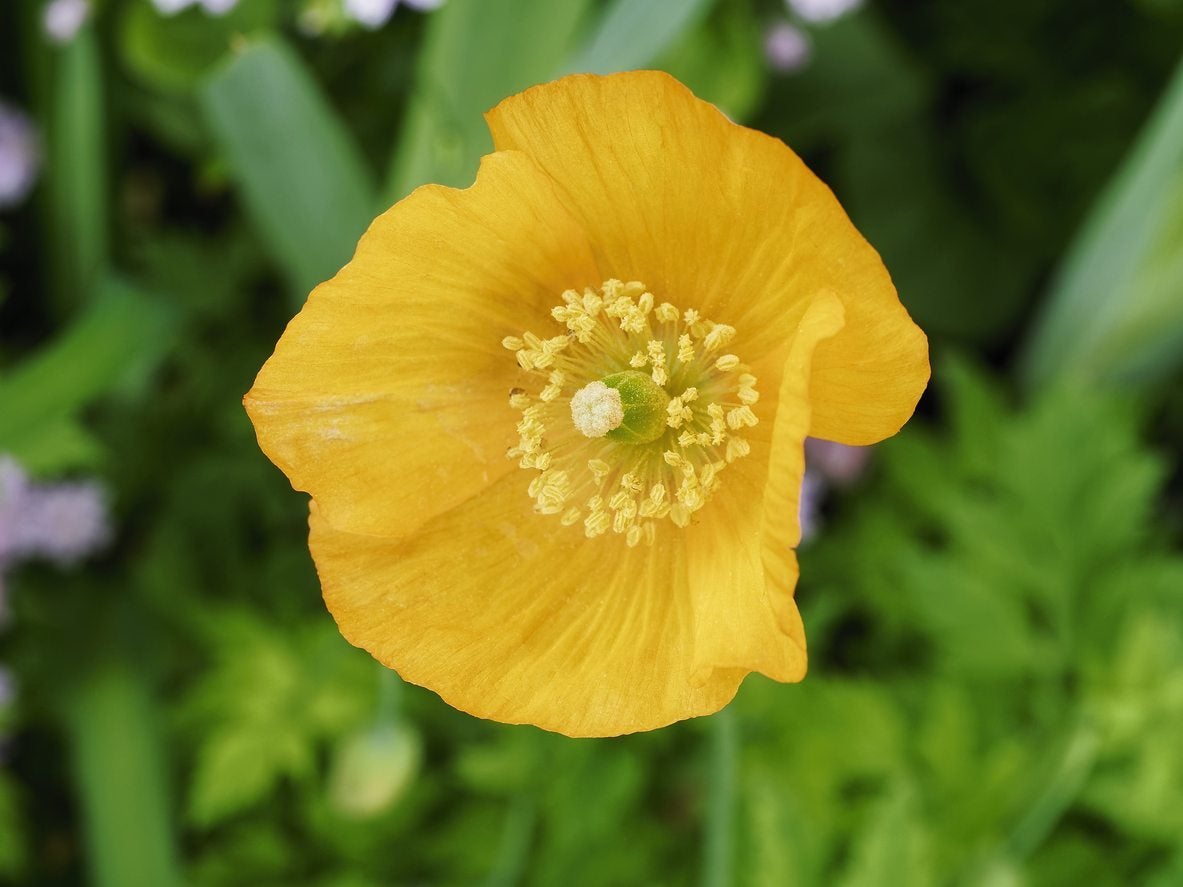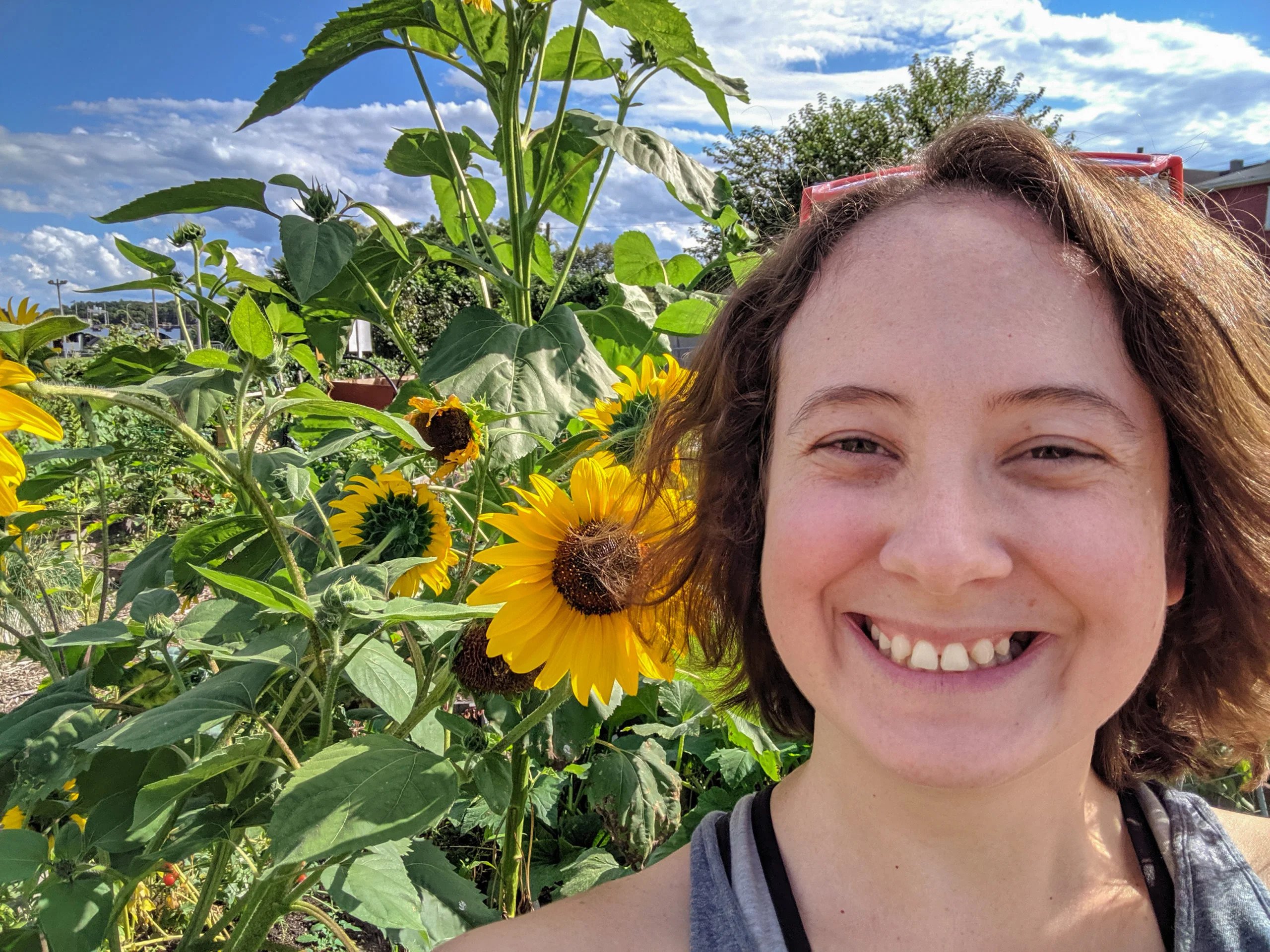Meconopsis Information: How To Grow Welsh Poppies In The Garden


Meconopsis is a genus of plants that are known for their exquisite, showy, poppy-like flowers. The only species of Meconopsis that is native to Europe is Meconopsis cambrica, commonly known as Welsh poppy. Keep reading to learn more about Welsh poppy plant care and how to grow Welsh poppies in the garden.
Meconopsis Information
What is a Welsh poppy? A Welsh poppy isn’t really a poppy at all, but rather a member of the Meconopsis genus, a group of flowering plants that have poppy-like characteristics. While the other species of this genus range throughout Asia, this is the only one that is native to the British Isles and western Europe. A hardy perennial in USDA zones 3 through 11, it can technically be grown all across the United States. It produces delicate, cup-shaped flowers in shades of deep yellow that reach a diameter of 2 to 3 inches (5-8 cm.). These flowers bloom all through late spring to autumn. The plant itself grows to a height of 12 to 18 inches (31-46 cm.).
Welsh Poppy Plant Care
Growing Welsh poppies is very low maintenance with a high payoff. The plants are perennials that self-sow in the fall, so a few seedlings planted in the spring will result, after a few years, in a robust patch of plants. Welsh poppies grow best in partial shade and rich, moist soil, though they will also tolerate dry conditions. They may die back in very hot, dry summers, but they will regrow from the deep taproot when temperatures cool off again. The best place for them is under a canopy of trees or large shrubs where the sunlight is dappled and the ground moist. They prefer slightly acidic soil, but can tolerate clay, loam, or sand. Plants can be started indoors from seed in late fall or early spring. Seeds may take several months to germinate. Transplant seedlings outdoors in the spring when they have at least one set of true leaves.
Sign up for the Gardening Know How newsletter today and receive a free copy of our e-book "How to Grow Delicious Tomatoes".

The only child of a horticulturist and an English teacher, Liz Baessler was destined to become a gardening editor. She has been with Gardening Know how since 2015, and a Senior Editor since 2020. She holds a BA in English from Brandeis University and an MA in English from the University of Geneva, Switzerland. After years of gardening in containers and community garden plots, she finally has a backyard of her own, which she is systematically filling with vegetables and flowers.